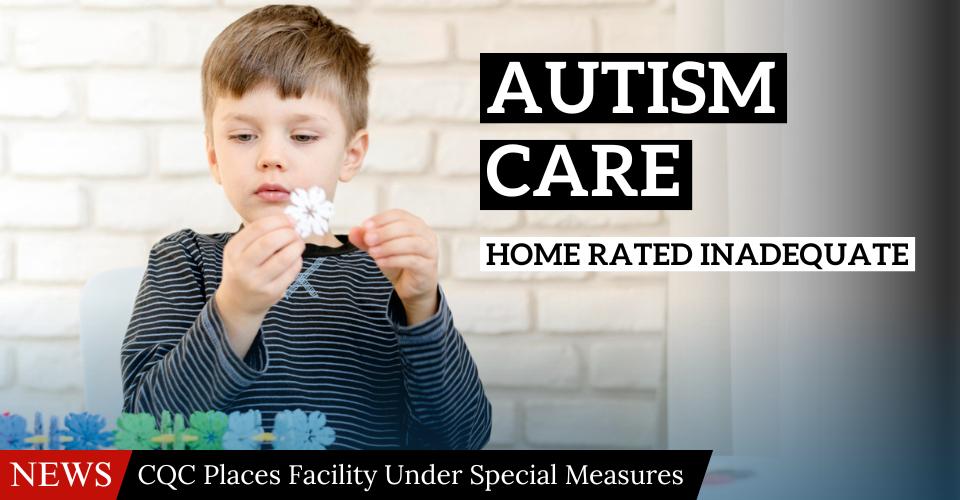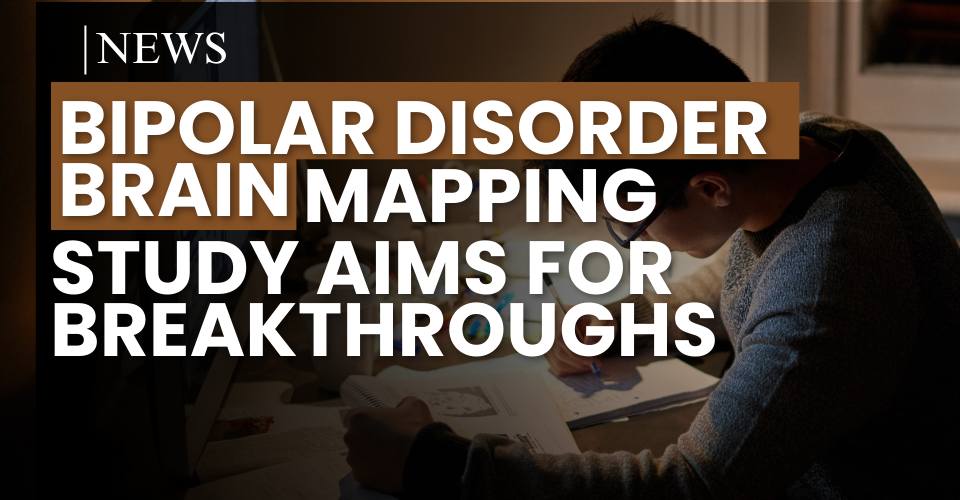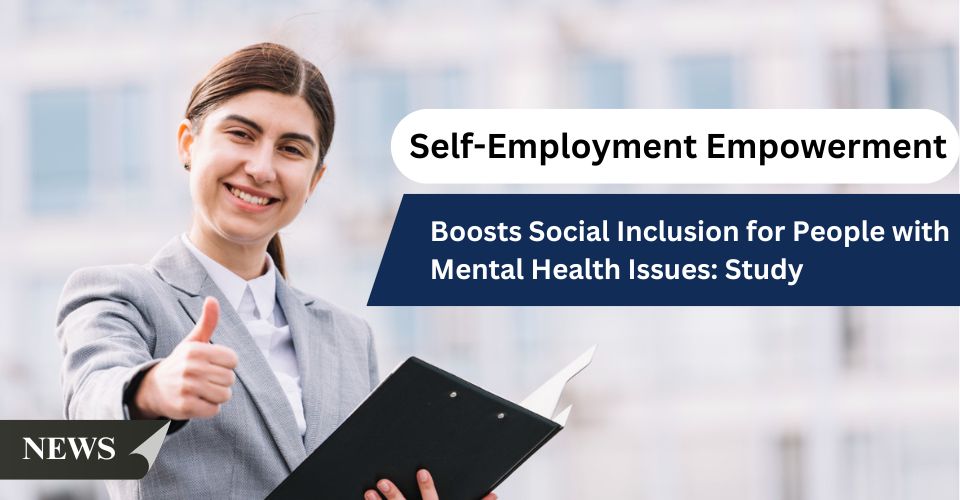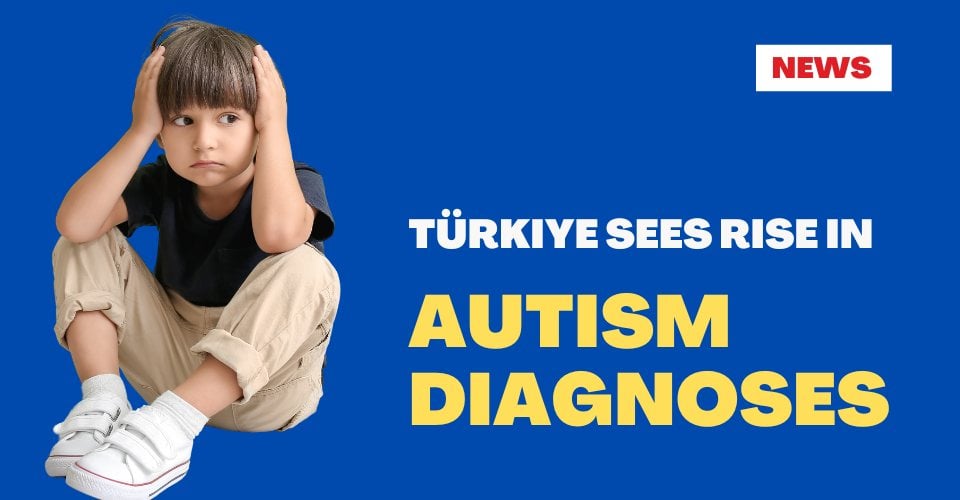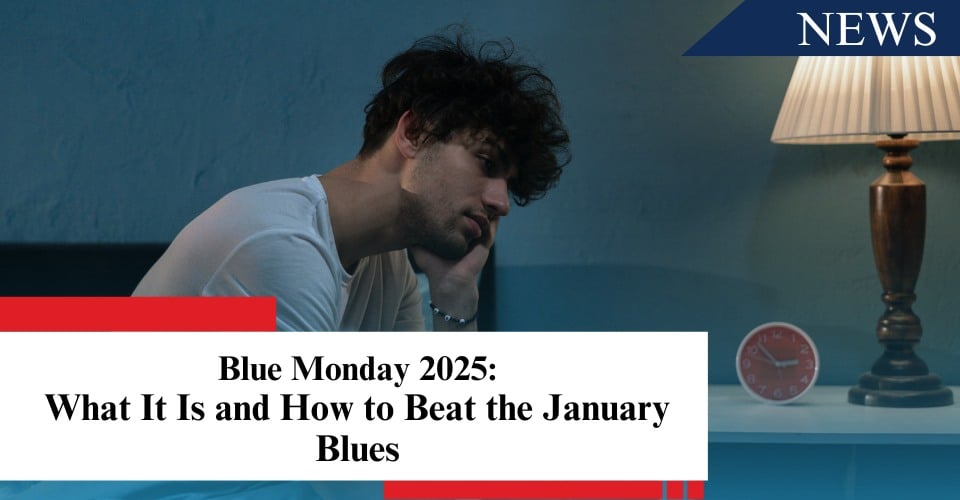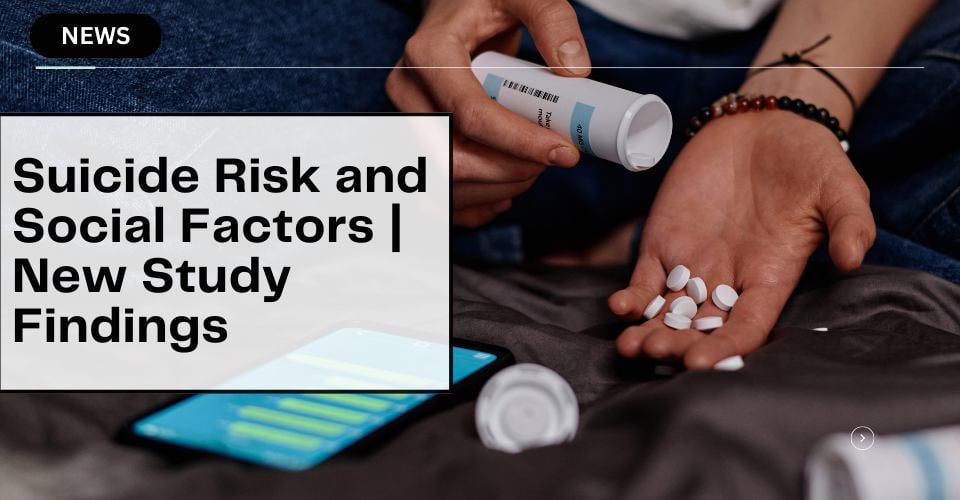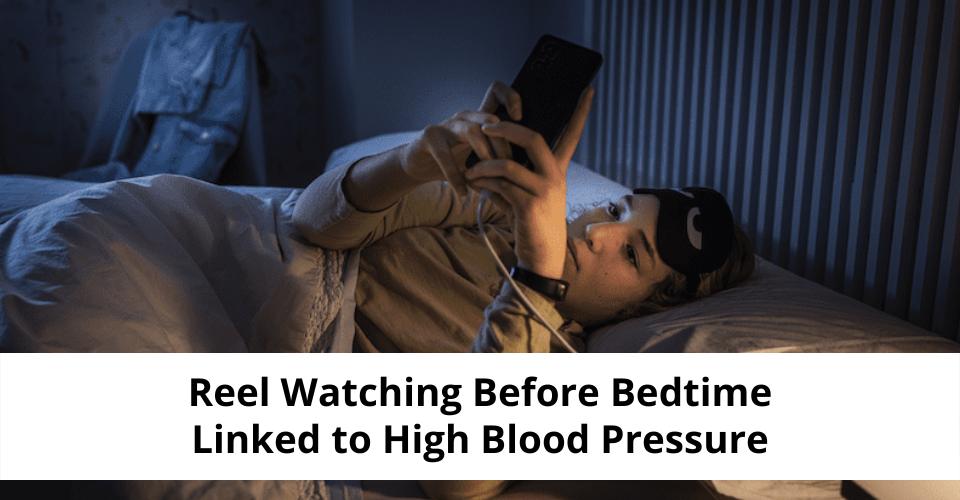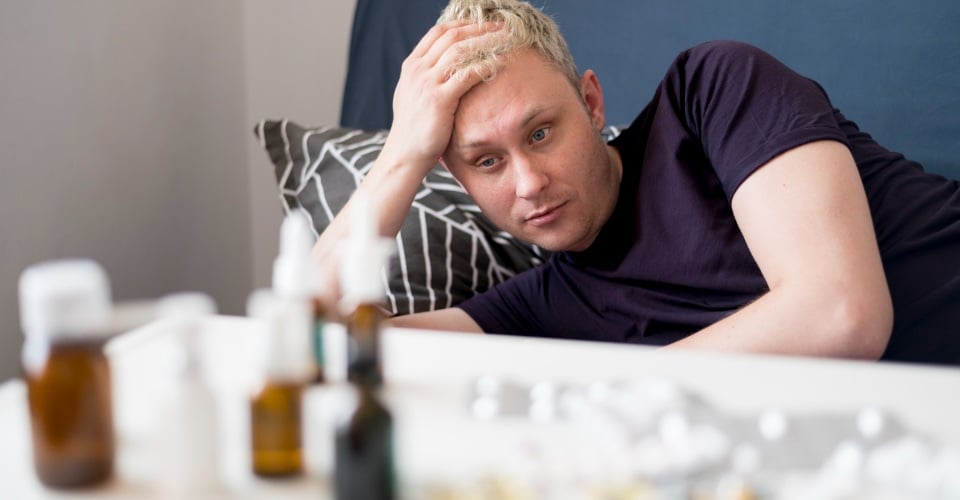- Around 14% of adolescents (15-24 years) in India are feeling depressed during the pandemic.
- Even the mental health of the caregivers, especially the mothers, is at greater risk.
According to a UNICEF report, around 14% of adolescents (15-24 years) in India are feeling depressed or having little interest in doing things during the ongoing pandemic. Research says that the COVID-19 pandemic along with some other factors, such as school closure, increased screen time, restricted movement, extreme use of digital technologies had an adverse impact on the mental health of adolescents.
The report found a significant increase in stress and anxiety among children and adolescents during this pandemic. Surprisingly, the mental health of caregivers, especially the mothers, is also at risk. The report revealed many other shocking facts, such as only 41% of adolescents believed that it is important to seek medical support for psychological problems, compared to an average of 83% across 21 countries.
As per the World Health Organization (WHO), over 13% of adolescents (10-19 years) are diagnosed with a mental health disorder. This estimate implies that 86 million adolescents (15%-19 years) and 80 million adolescents (10-14 years) are suffering from mental disorders.
Anxiety and depression cover around 40% of the total psychological disorders and the rest are hyperactivity disorder, conduct disorder, eating disorder, bipolar disorder, attention deficit, intellectual disability, schizophrenia, autism, and a range of personality disorders.
Health minister Mansukh Mandaviya released the UNICEF report titled “The State of the World’s Children 2021; On My Mind: promoting, protecting and caring for children’s mental health” highlighted the role of parenting and family support with the need for higher investments and workforce development to reduce the risk of mental health disorders.
However, the report mentioned that all children were not affected equally. “Children and adolescents who faced the greatest mental health risks came from disadvantaged families, had pre-existing mental health conditions or a history of adverse childhood experiences,” the report said. It also explained that the girls were more prone to experience anxiety and depression, while the boys were at greater risk of substance abuse.
Experts of the HelpGuide organization suggested that one can effectively deal with pandemic blues by distracting their focus, engaging in fun activities, spending more time with their loved ones, and maintaining a proper routine.



